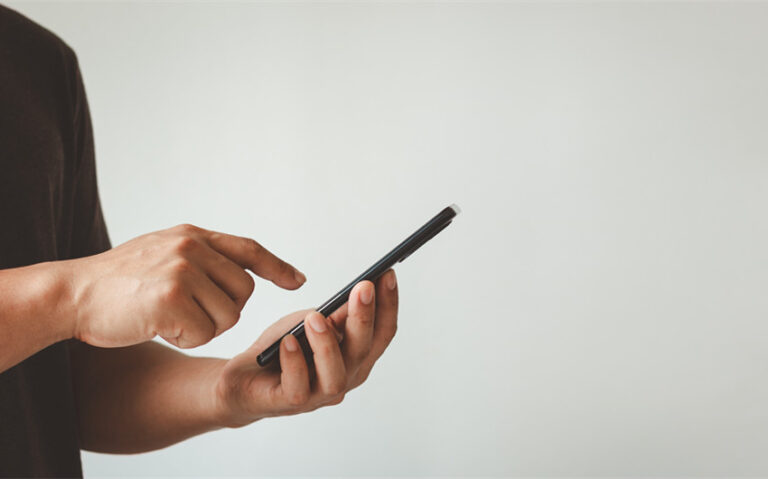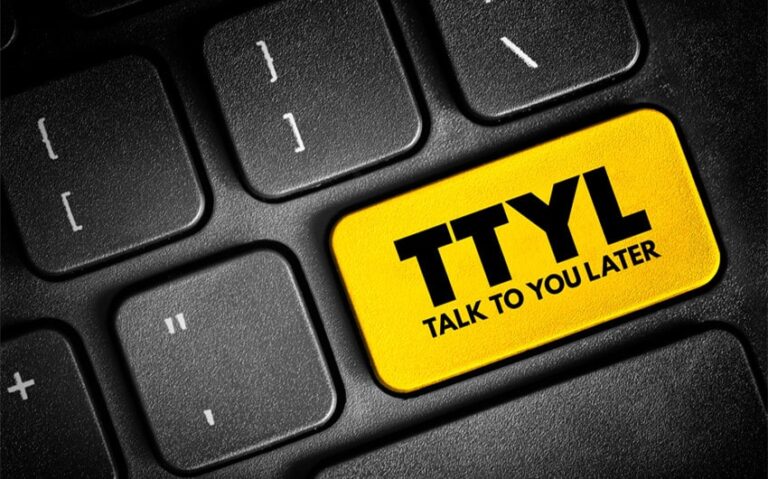ION Meaning in Text: What It Means and How to Use It Right
If you’ve ever seen someone write “ion” in a text or on social media and wondered what it means, you’re not alone. Understanding ion meaning in text is important because it’s one of those modern slang expressions that has become popular among younger generations and social media users. While it might look like a science term, in digital communication it means something completely different. This small but powerful slang term reflects how spoken language evolves into writing online, giving messages a more natural, conversational tone. Knowing how “ion” is used helps you follow the flow of casual texting and even use it yourself without sounding out of place.
What Does ION Mean in Text?
In text messages and online slang, ION stands for “I don’t.” It’s a phonetic spelling that mimics the way people say “I don’t” quickly in casual speech. For example, when someone says “I don’t know” quickly, it often sounds like “Ion know.” This shorthand became popular because it feels authentic and informal, reflecting the relaxed way people speak in real life.
The important thing to remember is that ion in texting has nothing to do with the scientific term “ion,” which refers to a charged particle in chemistry or physics. In digital language, it’s purely slang — a way to express informality and speed when writing messages.
You’ll see ion most often on platforms like Twitter, TikTok, Instagram, and in text messages among friends. It fits perfectly into casual conversations where people want to sound laid-back, expressive, or natural. Since texting often mirrors how we speak, “ion” has become an easy way to capture that fast, casual rhythm.
Here are a few quick examples to show how “ion” replaces “I don’t” in conversation:
-
“Ion like this song.” → means “I don’t like this song.”
-
“Ion know where he went.” → means “I don’t know where he went.”
-
“Ion care anymore.” → means “I don’t care anymore.”
Notice how dropping the apostrophe and writing “ion” instead of “I don’t” instantly changes the tone — it sounds more relaxed and conversational, like talking to a friend instead of writing a formal message.
Common Examples and Situations Using ION
Understanding how people use ion in text becomes easier when you see it in context. Below are some realistic examples of how ion appears in different situations, along with what each one means and how it feels.
-
Casual disagreement:
“Ion think that’s true.”
→ You’re expressing polite doubt or disagreement. -
Indecision or uncertainty:
“Ion know what I wanna eat tonight.”
→ You’re unsure but saying it casually. -
Disinterest:
“Ion care about that drama fr.”
→ You’re emphasizing that you’re unbothered or not invested. -
Light annoyance:
“Ion even wanna go out anymore.”
→ You’re tired or have lost interest in plans. -
Playful refusal:
“Ion wanna share my fries 😤.”
→ A joking way to say “I don’t want to,” adding humor. -
Mild frustration:
“Ion get why this app keeps crashing.”
→ You’re expressing confusion or irritation. -
Self-deprecating humor:
“Ion know why I keep doing this to myself 😂.”
→ You’re poking fun at your own habits. -
Emotional expression:
“Ion think I’ll ever stop missing her.”
→ Used softly to convey a heartfelt emotion or memory. -
Friendly teasing:
“Ion believe you ate the last slice again 😭.”
→ Lighthearted irritation directed toward a friend. -
Confusion or disbelief:
“Ion understand how he finished that project so fast.”
→ Expressing surprise or admiration in a casual way.
As you can see, ion fits a wide emotional range — from joking to serious — depending on tone and context. Its strength lies in its flexibility. It makes your text sound spontaneous and natural, especially when chatting with friends or reacting quickly online.
The Origin and Popularity of ION in Slang
Like many modern slang expressions, ion has roots in African American Vernacular English (AAVE). In spoken AAVE, “I don’t” is often pronounced as “ion” or “ah-don.” Over time, this spoken habit made its way into written digital slang, especially as texting and social media began to reflect real-world speech patterns more closely.
As social platforms grew, so did the spread of cultural expressions. “Ion” gained momentum on Twitter, TikTok, and Instagram, where short, punchy, and relatable messages dominate. Since slang thrives in fast-moving digital environments, “ion” became part of the larger wave of phonetic abbreviations — words spelled how they sound rather than how they’re grammatically written.
This transformation shows how language is always evolving. Younger generations, especially Gen Z, often write the way they talk. “Ion” feels authentic, raw, and emotional — it doesn’t polish your tone or filter your thoughts. It captures the natural flow of conversation, which is why people use it to sound genuine rather than formal.
Today, you’ll see ion used across captions, comments, and messages. It can even appear in memes or song lyrics, especially in rap or hip-hop culture, where phonetic spelling reflects rhythm and real speech. This blending of sound and text is part of what makes online slang so dynamic and expressive.
Related Slang and Similar Abbreviations
If you’re learning how to navigate texting culture, it helps to know other expressions that appear alongside ion. These slang terms often carry similar casual, expressive tones and are used to make texting faster and more relatable.
-
idk – “I don’t know”
The standard shorthand for uncertainty. While ion know and idk mean the same thing, ion sounds more natural in casual speech. -
imo – “In my opinion”
Used when sharing personal views casually, like “Ion like that show, imo it’s boring.” -
wyd – “What you doing?”
A simple way to ask someone what they’re up to. Often paired with ion in texts like “Ion know, wyd?” -
fr – “For real”
Used to emphasize sincerity or agreement. For example, “Ion even care, fr.” -
btw – “By the way”
Commonly used to add casual side comments or reminders during conversation. -
smh – “Shaking my head”
Expresses mild disappointment or disbelief, often used in reaction to something silly. -
brb – “Be right back”
Another casual abbreviation for quick communication. -
ngl – “Not gonna lie”
A phrase for honesty that fits naturally with casual online speech, similar in tone to ion.
Each of these abbreviations helps make texting faster and more expressive. Together, they form a shared digital language that feels spontaneous, conversational, and personal.





